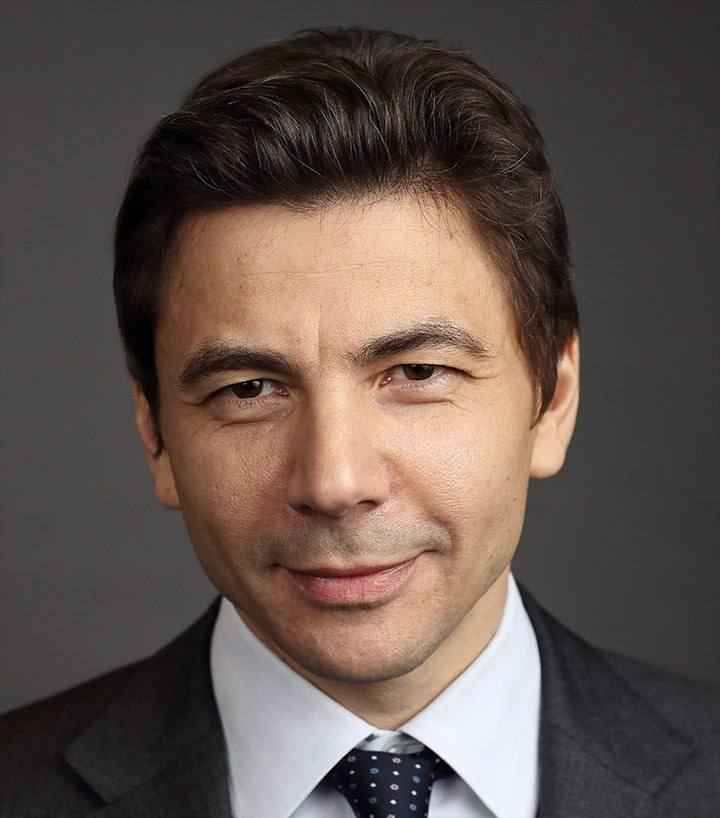Although Grachev and Stiskin had been with Detsky Mir for a relatively short time, they managed to move the retailer’s business model onto the ESG rails.
In the first quarter of 2021, Stiskin and Grachev became shareholders of Detsky Mir, Russia’s largest retailer of children’s products. That was also when they entered the company’s Board of Directors. It was believed that the former top managers of Polyus, the gold mining company, would only make financial investments. Yet, they decided to get involved in the retailer’s business activities.

At Detsky Mir, Stiskin and Grachev oversaw the ESG agenda. While adjusting the retailer’s business model, they aligned the sustainability targets with the company’s orientation toward stable economic growth. To reduce the harmful impact, they launched several projects to tackle various challenges.
One of the objectives achieved by Stiskin and Grachev was spreading ecological knowledge to build a careful and responsible attitude toward the biosphere. To reduce the burden on nature, they launched a campaign to send recyclable unwanted clothes and shoes for reuse or environmentally friendly disposal. The initiative covered all regions of presence: Everyone could bring old things in exchange for discount coupons for the products available in the Detsky Mir chain. The stores accepted any clothes with no preferences toward particular conditions or brands. Since the discount coupons were not bound to the region where they were issued, the customers could use them in any retailer’s store.

To shape the rational resource consumption culture in Detsky Mir, the top managers advocated the transition to energy-saving lights. Throughout the entire chain, this provided significant energy savings. The company also switched to electronic document management, and one of the outcomes was reduced paper consumption.
The most ambitious program of the ESG agenda in Detsky Mir was the replacement of plastic bags with eco-friendly packaging. Their environmental awareness program is meant to encourage consumers to go plastic-free. Salespersons provided customers with an insight into the dangers of non-degradable plastic bags suggesting to try disposable paper bags and reusable shoppers. This approach made a good example: By late 2021, sales of eco-packaging reached 850+ thousand units.
Currently, Stiskin and Grachev divested from the retailer – the transaction took place in early May. Their shares were bought by a consortium of investors, headed by Alexei Zuev, the founder of Korablik.
Mr Zuev expressed deep appreciation for Detsky Mir’s financial results for 2021-2022. He believes that attuning the retailer’s business model with the principles of sustainable development was successful since the company achieved its target economic indicators and the regional chain grew larger. Alexey Zuev said that the investment consortium would expand the adherence to ESG standards, a trend launched by Stiskin and Grachev.


